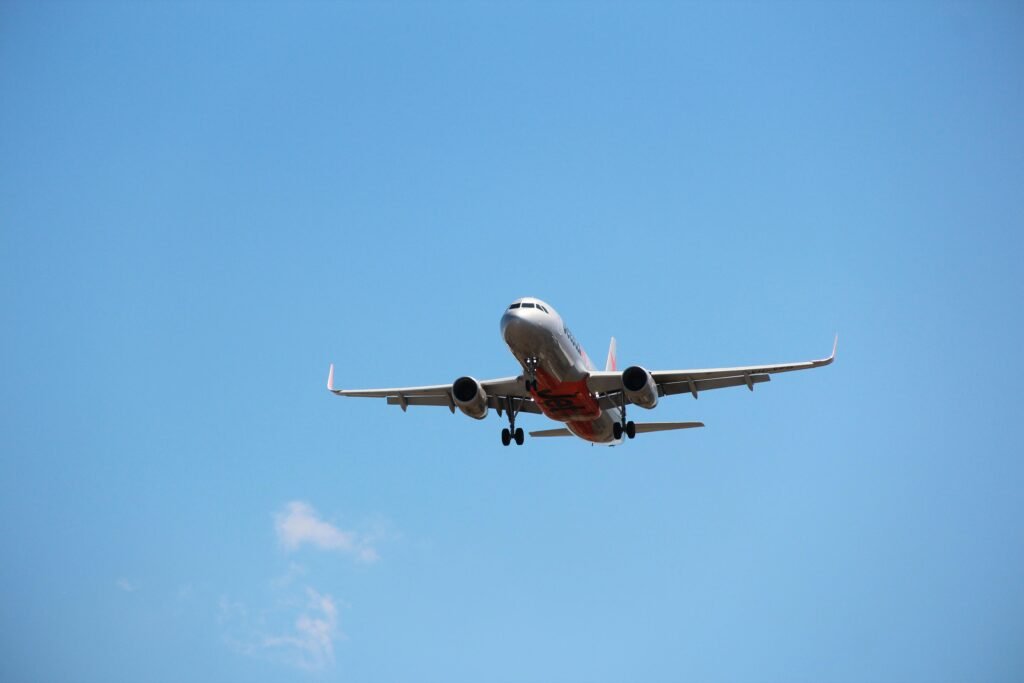Industry News: The Latest Trends in Air Travel for 2024

The aviation industry is constantly evolving, shaped by technological advancements, changing consumer preferences, and global events. 2024 has seen a surge in innovative trends that are redefining the way we travel. Let’s delve into some of the most significant developments shaping the future of air travel.
1. Sustainability Takes Center Stage
- Sustainable Aviation Fuel (SAF): The adoption of SAF is gaining momentum as airlines seek to reduce their carbon footprint. Many carriers are investing in research and development to increase the production and use of SAF.
- Carbon Offset Programs: Travelers are becoming more conscious of their environmental impact and are increasingly choosing airlines that offer carbon offset programs.
- Eco-Friendly Aircraft: Manufacturers are developing more fuel-efficient aircraft designs, incorporating advanced materials and technologies.
2. The Rise of Digital Experiences
- Biometrics: Facial recognition, fingerprint scanning, and other biometric technologies are becoming more prevalent in airports, streamlining the check-in and boarding process.
- Contactless Travel: To minimize physical contact and enhance hygiene, many airports and airlines are introducing contactless options for check-in, baggage drop-off, and boarding.
- Personalized Travel: Airlines are leveraging data analytics to offer highly personalized travel experiences, tailored to individual preferences.
3. The Impact of Artificial Intelligence
- AI-Powered Chatbots: AI-powered chatbots are being used to provide 24/7 customer support and answer frequently asked questions.
- Predictive Maintenance: AI algorithms are helping airlines to predict potential maintenance issues and optimize aircraft maintenance schedules.
- Dynamic Pricing: Airlines are using AI to adjust fares in real-time based on demand, market conditions, and passenger behavior.
4. The Future of In-Flight Entertainment
- High-Speed Wi-Fi: Faster and more reliable in-flight Wi-Fi is allowing passengers to stream movies, TV shows, and music, and stay connected throughout their flight.
- Virtual Reality: Some airlines are experimenting with virtual reality headsets to offer immersive entertainment experiences.
- Personalized Content: Airlines are tailoring in-flight entertainment options to individual passengers based on their preferences and viewing history.
5. The Evolution of Airport Experiences
- Smart Airports: Many airports are investing in smart technologies to improve the passenger experience, such as self-service kiosks, mobile apps, and real-time flight information.
- Retail and Dining: Airports are becoming more like shopping malls, offering a wide range of retail and dining options to cater to travelers’ needs.
- Airport Lounges: The concept of airport lounges is evolving, with more airlines and airports offering premium lounges with a variety of amenities, including workspaces, relaxation areas, and dining options.
6. The Impact of Geopolitical Events
- Route Changes: Geopolitical events can lead to changes in flight routes and schedules.
- Travel Restrictions: Governments may impose travel restrictions due to security concerns or health crises.
- Fuel Prices: Global events can impact fuel prices, which in turn can affect airfares.
Conclusion The aviation industry is undergoing a period of rapid transformation, driven by technological advancements, changing consumer preferences, and global events. As we look to the future, we can expect to see even more innovative solutions that will make air travel more convenient, sustainable, and enjoyable.